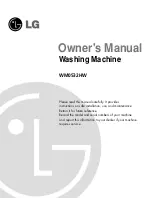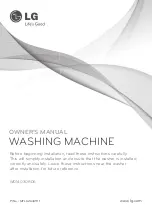
1
2
7
10
3
5
4
11
12
9
8
LCD screen
Direct Pattern mode
1. Needle up
2. Auto-lock
3. Reverse
4. Pattern number
5. Direct mode
6. Suggested presser foot
7. Mirror
8. Buttonhole lever
9. Bobbin winding
10.Needle position
11. Stitch width
12.Stitch length
Pattern II mode
1. Needle up
2. Auto-stop
3. Pattern number
4. Suggested presser foot
5. Alphabet mode
6. Stitch width
7. Number of current unit
8. Total number of unit
9. Memory
1
2
5
6
9
3
6
4
7
8
Pattern I mode
1. Needle down
2. Auto-stop
3. Reverse
4. Pattern number
5. Pattern mode
6. Suggested presser foot
7. Mirror
8. Buttonhole lever
9. Stitch width
10.Number of current unit
11. Total number of unit
12.Memory
13.Stitch length
10
11
1
2
5
12
7
8
13
3
4
9
6
24
















































